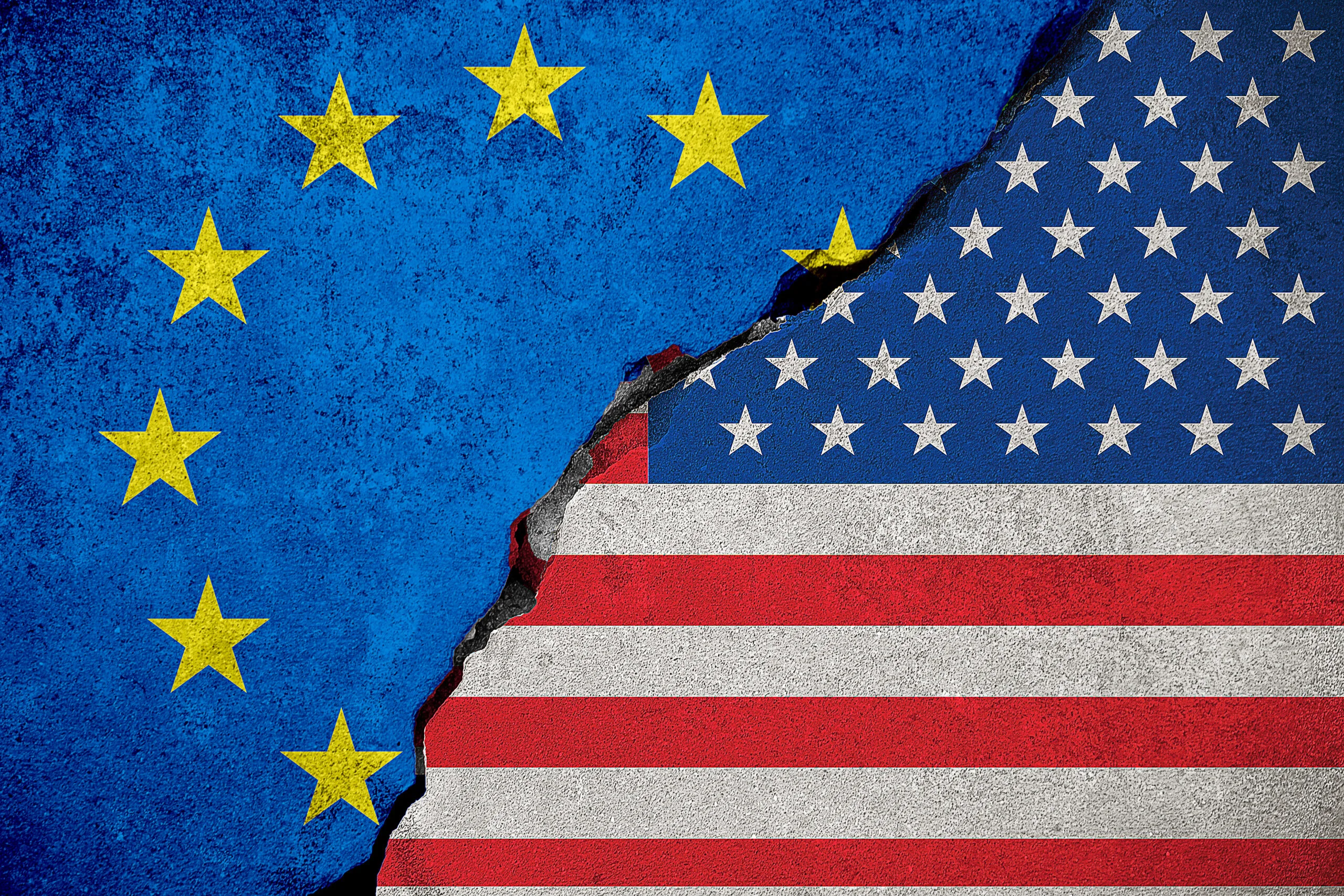European officials were uncertain about the Secretary of State’s measured assessment regarding Washington’s apparent shift toward Moscow. After meeting with Russian negotiators to discuss the future of the Ukraine conflict, Marco Rubio announced a significant reset in relations with the Kremlin, highlighting “the tremendous opportunities to collaborate with Russia.”
However, just hours later, Mr. Rubio sought to allay European allies’ fears, emphasizing that these discussions did not signify an abrupt departure from American policy, despite growing concerns.
He clarified that this week’s talks in Riyadh, Saudi Arabia, were merely an initial step, a test to gauge the Kremlin’s seriousness about reaching an agreement. During a call with several European diplomats, Mr. Rubio stressed that the Trump administration had no intention of imposing a bilateral agreement with Russia on Ukraine and Europe.
He also affirmed that the U.S. would not lift sanctions on Moscow without significant behavioral changes, though he left open the possibility of easing certain restrictions if Russia made meaningful concessions. Mr. Rubio acknowledged that the Kremlin might use these discussions to sow discord in the West or reduce its international isolation, according to a summary of the call reviewed by The New York Times.
The State Department did not respond to requests for comment on these discussions.
On Wednesday, French President Emmanuel Macron called for an emergency meeting in Paris to develop a strategy amid mounting fears that the U.S. might abandon its longstanding role as Europe’s security guarantor. While the West has worked since 2022 to isolate Moscow following its invasion of Ukraine, the Trump White House appears to be changing course.
Within 24 hours of the Riyadh meeting, Mr. Trump issued a series of demands and false statements that aligned with Russian President Vladimir Putin’s worldview while blaming Ukraine for the war. He labeled Ukrainian President Volodymyr Zelensky a dictator and falsely claimed that Kyiv had deceived the U.S. into supporting it in a war that Ukraine itself had started.
Mocking Ukraine’s complaints about being excluded from negotiations, Mr. Trump stated on Tuesday from Mar-a-Lago: “They’re upset about not having a seat at the table? Even a half-competent negotiator could have settled this years ago with minimal territorial loss and no casualties.” At no point did Mr. Trump criticize Mr. Putin, who in fact initiated the invasion.
Following more than four hours of discussions with Russian officials on Tuesday, Mr. Rubio provided few details about any achievements. He simply stated that both sides had agreed to work toward a peace settlement for Ukraine, praising Mr. Trump as “the only world leader” capable of orchestrating such a reconciliation between longtime adversaries.
One of the members of the American delegation, Steve Witkoff, Middle East envoy and a close friend of Mr. Trump, described the meeting as “positive, dynamic, and constructive.”
Mr. Rubio’s message to European diplomats was more nuanced and conciliatory, according to the summary of the call, which included representatives from the U.K., France, Germany, and Italy.
Part of the conversation focused on explaining why Ukrainians and Europeans were excluded from the talks. It was not, Mr. Rubio asserted, an effort to sideline America’s allies, despite Mr. Trump’s remarks suggesting otherwise. The discussion had primarily centered on bilateral issues between Washington and Moscow, including the removal of restrictions on their respective embassies, which have been largely non-operational due to reciprocal diplomatic expulsions. Negotiating the reopening of these diplomatic channels would serve as an initial test of Russia’s sincerity, Mr. Rubio explained—failure in this regard would indicate that the Kremlin was not serious about peace negotiations.
The Secretary of State concluded by stating that it was too early to determine whether Moscow was genuinely prepared to strike a deal. However, he believed there were enough promising signs to warrant further discussions. He ended the call by pledging to keep America’s allies informed and urging unity.





